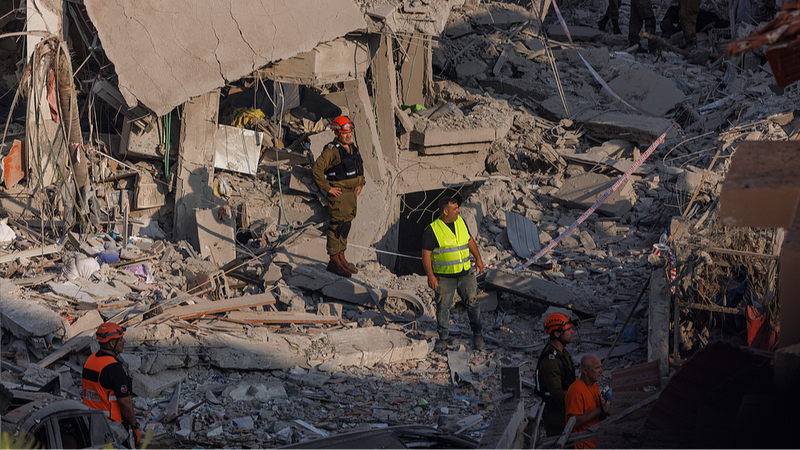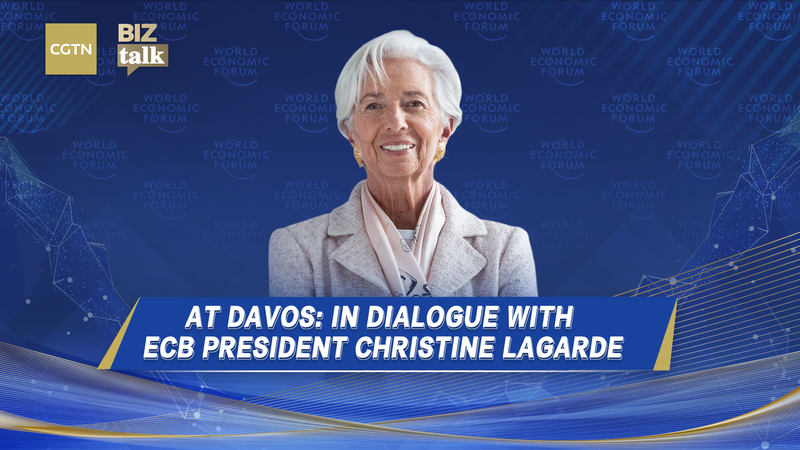Over the weekend, long-standing tensions between Israel and Iran erupted into one of their fiercest exchanges in recent years. On Friday night and into the early hours of Saturday, Iran launched a wave of missile strikes against Israel in direct retaliation for an earlier Israeli assault.
Several dozen missiles—fewer than 100 by official counts—were fired toward Israel’s two main cities, Jerusalem and Tel Aviv, triggering audible explosions across both urban centers. According to the Israeli military, advanced air defenses intercepted the majority of incoming rockets, with others falling short.
The barrage followed an Israeli operation targeting nuclear and military facilities inside Iran. That preemptive raid resulted in the deaths of several top Iranian generals, marking one of the deadliest blows to Iran’s military leadership in decades.
While neither side has formally declared an end to hostilities, global markets monitored the conflict closely. Energy prices saw a brief uptick as traders weighed potential disruptions in the Middle East, illustrating how regional instability can ripple through international supply chains.
For young global citizens, business and tech enthusiasts, and travelers alike, these developments underscore the real-world impact of geopolitical shifts on security, markets, and mobility. As both nations assess their next moves, the world watches with growing concern.
Reference(s):
Live: Updates of the intense clashes between Israel and Iran
cgtn.com




